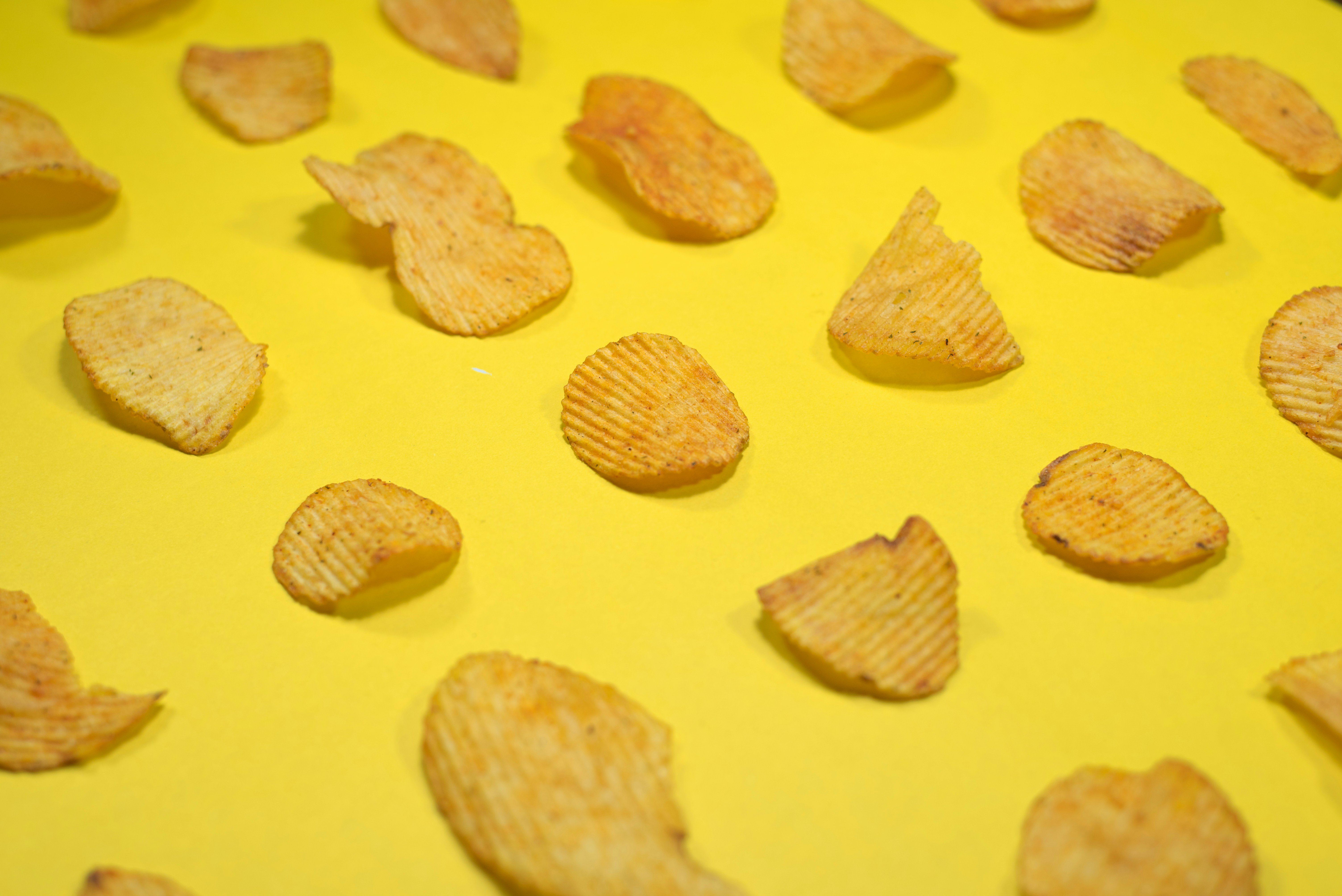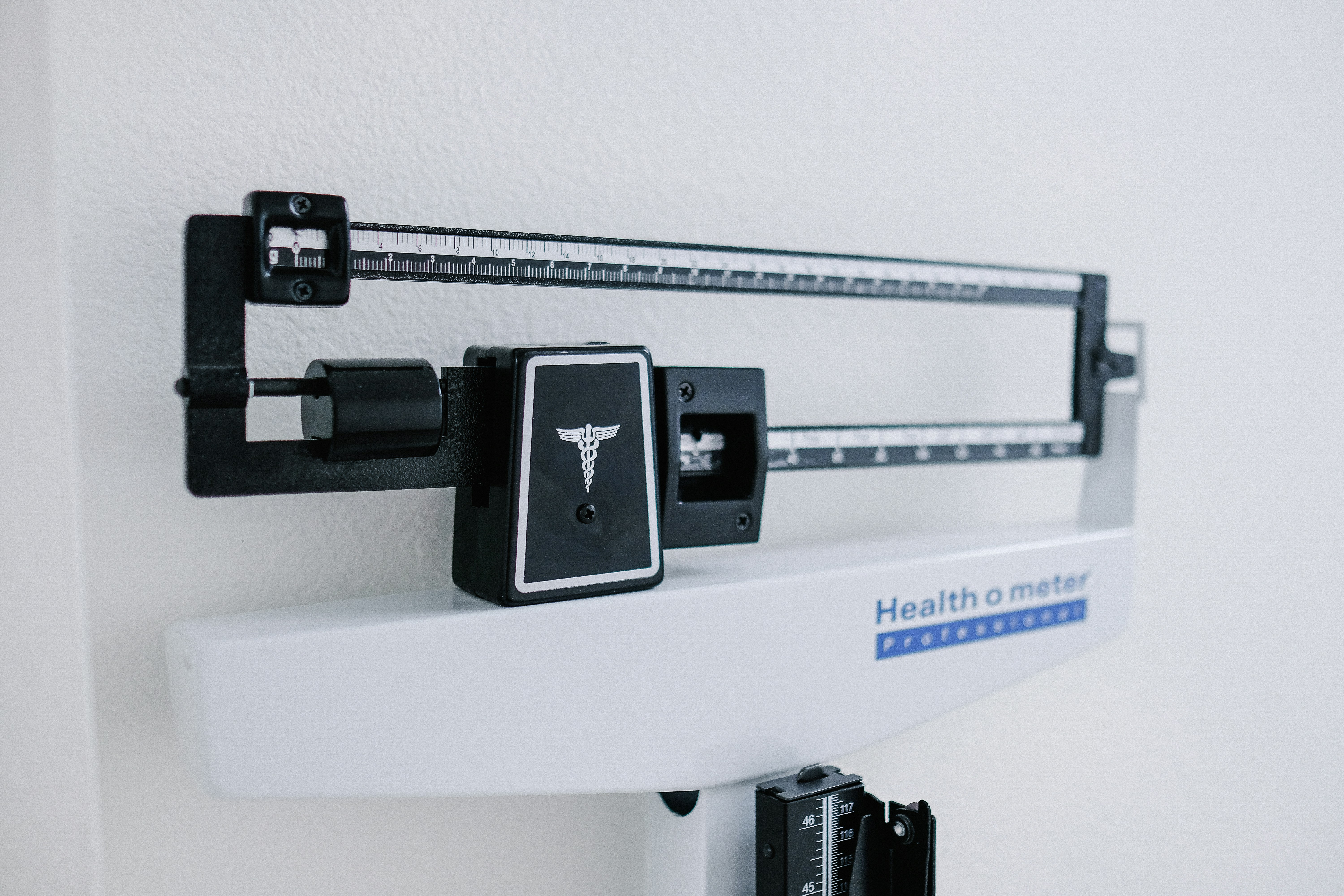Views: 2
Table of Contents
Are you struggling with acne and seeking a natural solution? Look no further! We present to you the ultimate vegetarian acne diet plan, designed to help you achieve clear and radiant skin. Say goodbye to pesky breakouts and hello to a healthier complexion with this comprehensive guide. By making simple yet effective dietary changes, you can take control of your skin’s health and feel confident in your own skin. Say goodbye to expensive creams and treatments and embrace the power of nature’s healing properties. Get ready to embark on a journey towards achieving clear, blemish-free skin with our vegetarian acne diet plan.

Understanding Acne
Acne is a common skin condition that affects many people, regardless of age or gender. It occurs when the hair follicles become clogged with dead skin cells and oil, leading to the formation of pimples, blackheads, and whiteheads. While acne is primarily a result of hormonal changes during puberty, several factors can contribute to its development.
What is acne?
Acne is a skin condition characterized by the presence of pimples, blackheads, and whiteheads. It can occur on various parts of the body, including the face, chest, and back, and it is most commonly seen during adolescence and early adulthood. Acne can range from mild to severe, with some individuals experiencing occasional breakouts while others may have persistent and widespread acne.
Common causes of acne
There are several factors that can contribute to the development of acne. Hormonal changes, such as those that occur during puberty, can increase the production of sebum, an oily substance that can clog the hair follicles and lead to acne. Other common causes include genetics, certain medications, stress, and environmental factors.
How diet affects acne
While diet alone may not be the main cause of acne, it can influence the severity and frequency of breakouts. Certain foods can trigger inflammation and increase the production of sebum, potentially aggravating existing acne. On the other hand, a nutrient-rich diet can support healthy skin and help reduce the occurrence of acne. By focusing on key nutrients and making smart food choices, you can create an acne-friendly diet plan that suits your vegetarian lifestyle.

Key Nutrients for Clear Skin
When it comes to promoting clear skin, certain nutrients play a crucial role. By ensuring an adequate intake of these key nutrients, you can support healthy skin and reduce the risk of acne breakouts.
Vitamin A
Vitamin A is essential for maintaining healthy skin as it supports the production and growth of new skin cells. It also helps regulate the production of sebum, which can be beneficial for individuals with acne-prone skin. Good vegetarian sources of vitamin A include sweet potatoes, carrots, spinach, and kale.
Vitamin E
Vitamin E is a powerful antioxidant that can help protect the skin from damage caused by free radicals. It also has anti-inflammatory properties, which can be beneficial in reducing acne-related inflammation. Foods rich in vitamin E include almonds, sunflower seeds, spinach, and broccoli.
Zinc
Zinc is a mineral that plays a vital role in supporting the immune system and promoting wound healing. It also helps regulate oil production in the skin and has anti-inflammatory properties that can help reduce the severity of acne. Vegetarian sources of zinc include legumes, tofu, nuts, seeds, and whole grains.
Selenium
Selenium is another important mineral that acts as an antioxidant and helps protect the skin from damage. It also plays a role in improving the skin’s elasticity and reducing inflammation. Good vegetarian sources of selenium include Brazil nuts, mushrooms, whole grains, and legumes.
Omega-3 Fatty Acids
Omega-3 fatty acids are essential fats that have numerous health benefits, including supporting healthy skin. They have anti-inflammatory properties that can help reduce acne-related inflammation and improve overall skin health. Vegetarian sources of omega-3 fatty acids include flaxseeds, chia seeds, walnuts, and algae-based supplements.
Foods to Include in Your Vegetarian Acne Diet
Now that we understand the key nutrients for clear skin, it’s time to explore the foods that should be included in a vegetarian acne diet. By incorporating these foods into your daily meals and snacks, you can nourish your skin from within and promote a healthy complexion.
Leafy Green Vegetables
Leafy green vegetables, such as spinach, kale, and Swiss chard, are packed with essential vitamins and minerals. They are rich in antioxidants, which help protect the skin from damage, and contain fiber that supports healthy digestion and detoxification.
Colorful Fruits & Vegetables
Aim to include a variety of colorful fruits and vegetables in your diet, as they are high in antioxidants and nutrients that support healthy skin. Examples include berries, citrus fruits, bell peppers, tomatoes, and carrots.
Whole Grains
Whole grains, such as quinoa, brown rice, and oats, provide a steady release of energy and contain essential nutrients like zinc and selenium. They also have a lower glycemic index compared to refined grains, which means they have a gentler impact on blood sugar levels.
Legumes
Legumes, including beans, lentils, and chickpeas, are excellent sources of plant-based protein, fiber, and essential nutrients like zinc. They can be included in salads, soups, stir-fries, and stews to add a wholesome and acne-friendly boost.
Nuts & Seeds
Nuts and seeds are not only delicious but also offer a range of health benefits for the skin. Almonds, sunflower seeds, flaxseeds, and chia seeds are all excellent sources of essential fats, vitamins, and minerals that contribute to clear and radiant skin.
Plant-Based Protein Sources
While many vegetarian diets already include protein-rich foods like legumes and nuts, it’s important to ensure an adequate intake of plant-based protein. Incorporate sources like tofu, tempeh, quinoa, and Greek yogurt into your meals to support healthy skin and promote tissue repair.

Foods to Avoid
In addition to incorporating acne-fighting foods into your diet, it’s equally important to be aware of foods that may aggravate acne. Here are some foods that you may want to limit or avoid to support clearer skin.
Processed Foods
Processed foods, such as fast food, packaged snacks, and sugary treats, tend to be high in refined sugars, unhealthy fats, and artificial additives. These can contribute to inflammation and may trigger acne breakouts.
Refined Carbohydrates
Refined carbohydrates, such as white bread, pasta, and pastries, can cause a rapid rise in blood sugar levels, leading to increased insulin production. This can stimulate oil production in the skin and contribute to the development of acne.
Dairy Products
Dairy products, including milk, cheese, and yogurt, have been associated with worsening acne in some individuals. It is thought that the hormones present in dairy products may influence the production of sebum and contribute to clogged pores.
High-glycemic Foods
Foods with a high glycemic index, such as white rice, potatoes, and sugary drinks, can cause a spike in blood sugar levels. This, in turn, can lead to increased insulin production and sebum production, potentially worsening acne.
Saturated and Trans Fats
Foods high in saturated and trans fats, such as fried foods, margarine, and processed snacks, promote inflammation in the body. This inflammation can exacerbate acne and other skin conditions.
Excessive Sodium
Consuming excessive amounts of sodium can lead to water retention and bloating, which may contribute to the appearance of acne. It’s important to keep sodium intake in check and opt for natural, unprocessed foods whenever possible.
Caffeine
While moderate caffeine intake is generally considered safe, excessive consumption may contribute to hormonal imbalances and increased sebum production. If you notice that caffeine worsens your acne, try reducing your intake and observe any changes.
Meal Planning Tips
Creating a well-rounded and acne-friendly meal plan involves more than just choosing the right foods. Consider incorporating these meal planning tips to optimize your vegetarian acne diet.
Balancing macronutrients
Aim to include a balance of carbohydrates, protein, and healthy fats in each meal. This can help stabilize blood sugar levels, support satiety, and provide the necessary nutrients for optimal skin health.
Eating a variety of foods
Diversify your diet by incorporating a wide range of fruits, vegetables, whole grains, legumes, nuts, and seeds. This ensures you receive a variety of essential nutrients and antioxidants for your skin.
Importance of hydration
Staying hydrated is essential for maintaining healthy skin. Aim to drink plenty of water throughout the day to flush out toxins, support digestion, and keep your skin hydrated from the inside out.
Choosing organic and whole foods
Opting for organic produce whenever possible can reduce your exposure to pesticides and synthetic chemicals, which may negatively impact skin health. Additionally, choosing whole foods over processed options ensures a higher intake of nutrients and fewer additives.
Avoiding food triggers
Everyone’s skin reacts differently to certain foods. If you notice that certain foods worsen your acne, try eliminating them from your diet and see if there is an improvement. Common acne triggers include dairy, gluten, and high-glycemic foods.
Sample Meal Plan
To help you get started on your vegetarian acne diet, here is a sample meal plan for a day:
Breakfast
- Overnight Chia Pudding topped with berries and a sprinkle of almonds
- A cup of herbal tea or a glass of water with lemon
Lunch
- Quinoa Salad with mixed vegetables, chickpeas, and a drizzle of olive oil and lemon juice
- Steamed broccoli or kale on the side
Snacks
- A handful of baby carrots with hummus
- A small handful of walnuts or almonds
- Fresh fruit, such as an apple or a handful of berries
Dinner
- Tofu Stir-Fry with a variety of colorful vegetables served over brown rice or quinoa
- A side of mixed greens with a light vinaigrette dressing
Beverages
- Water with lemon throughout the day
- Herbal teas, such as chamomile or peppermint
Supplements for Acne
In addition to following an acne-friendly diet, certain supplements may help support clear skin, especially if you’re following a vegetarian diet. Here are some supplements to consider:
Probiotics
Probiotics can support a healthy gut microbiome, which in turn can have positive effects on skin health. Look for a high-quality vegetarian probiotic supplement that contains a variety of beneficial bacterial strains.
Zinc
If you struggle to meet your daily zinc needs through food alone, a zinc supplement can help promote healthy skin and reduce inflammation associated with acne. Consult with a healthcare professional to determine the appropriate dosage for your needs.
Vitamin D
Vitamin D plays a crucial role in maintaining overall health, including skin health. While sunlight is the best natural source of vitamin D, a vegan vitamin D3 supplement derived from lichen can be an alternative option.
Fish Oil
While fish oil is not suitable for a vegetarian diet, algae-based omega-3 supplements can provide the same benefits. Omega-3 fatty acids help reduce inflammation and support healthy skin function.
Lifestyle Factors
Maintaining a healthy lifestyle can significantly impact your skin health. In addition to following a vegetarian acne diet, consider incorporating the following lifestyle factors into your routine:
Regular exercise
Engaging in regular physical activity helps improve blood circulation, reduce stress, and promote overall well-being. Choose activities that you enjoy, such as yoga, jogging, or dancing, and aim for at least 30 minutes of exercise most days of the week.
Adequate sleep
Getting sufficient sleep is crucial for cell regeneration, hormone balance, and overall skin health. Aim for 7-9 hours of quality sleep each night to allow your body enough time to repair and rejuvenate.
Stress management
Chronic stress can contribute to hormonal imbalances and inflammation, potentially worsening acne. Incorporate stress management techniques into your daily routine, such as meditation, deep breathing exercises, or engaging in hobbies that you enjoy.
Skincare routine
Adopting a consistent skincare routine can support healthy skin and minimize breakouts. Choose gentle, non-comedogenic products that are suitable for your skin type, and avoid harsh chemicals that can irritate or dry out the skin.
Avoiding harsh chemicals
Harsh chemicals found in certain skincare products and household cleaners can disrupt the skin’s natural barrier and lead to inflammation. Choose natural and organic options whenever possible to minimize exposure to potentially irritating substances.
Important Considerations for a Vegetarian Acne Diet
While a vegetarian diet can provide many health benefits, it’s important to consider a few key factors when adopting an acne-friendly vegetarian diet:
Addressing nutrient deficiencies
Some nutrients, such as vitamin B12 and iron, may be more challenging to obtain on a vegetarian diet. Monitor your nutrient intake and consider having regular blood tests to ensure adequate levels. Speak with a registered dietitian to address any potential nutrient deficiencies.
Balancing protein intake
Plant-based proteins can be less bioavailable than animal-based proteins, so it’s essential to ensure you’re consuming a variety of protein sources to meet your needs. Incorporate a combination of legumes, tofu, tempeh, and whole grains to ensure an adequate intake of essential amino acids.
Monitoring portion sizes
While a vegetarian diet can be abundant in fruits, vegetables, and whole grains, it’s still important to practice portion control. Overeating even healthy foods can lead to weight gain and potentially worsen acne in some individuals.
Consulting a registered dietitian
If you’re unsure how to structure a vegetarian acne diet plan that meets your specific needs, it’s advisable to consult with a registered dietitian. They can assess your individual requirements and help you create a personalized diet plan that supports clear and healthy skin.
Being patient and consistent
Improving skin health and reducing acne takes time and consistency. It’s important to be patient with the process and understand that changes may not happen overnight. Stick to your vegetarian acne diet plan, maintain a healthy lifestyle, and give your body the time it needs to show improvements.
Conclusion
When it comes to managing acne, diet and lifestyle factors play a significant role. Following a vegetarian acne diet that includes key nutrients, avoiding trigger foods, and incorporating healthy lifestyle habits can help support clear and radiant skin. Be sure to consult with a healthcare professional or registered dietitian to create a tailored plan that suits your individual needs. With patience, consistency, and the right approach, you can make a positive impact on your skin health and overall well-being.










